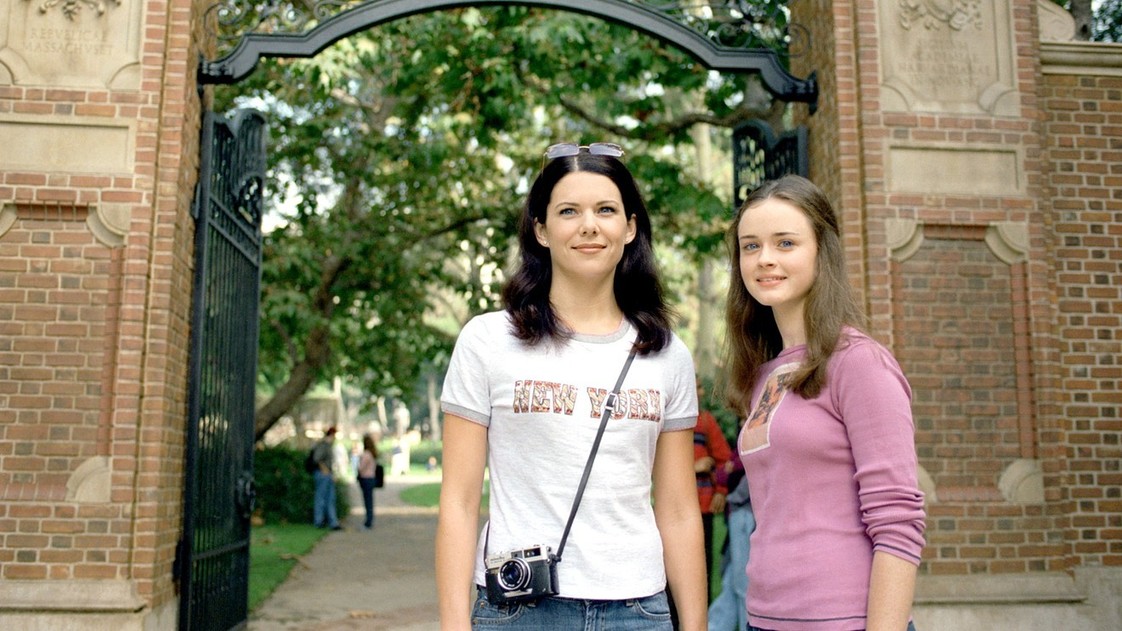A large share of parents is willing to give up a lot so their kids can go to college, including their golden years.
More than three-quarters of parents say they would delay their retirement to pay for their kids’ college, according to a survey published Thursday investment management firm T. Rowe Price. Nearly 70% of parents said they would take on a second or part-time job to help send their kids to school.
Today it’s increasingly common for Americans over the age of 65 to work — the share of them still on the job has been steadily increasing since 2000, according to the Pew Research Center, a nonprofit think tank in Washington, D.C. That trend may only continue if wages stay stagnant and concerns about skyrocketing college costs and student debt keep growing.
“Parents are feeling the pressure and the anxiety” to afford college said Marty Allenbaugh, a senior marketing manager at T. Rowe Price TROW, -0.02%
Parents are shouldering more of the burden of their children’s schooling. In the 1989-1990 academic year, borrowers with Parent PLUS loans—the government product parents can use to finance their kids’ education — was 4.1%, according to NerdWallet. By the 2011-2012 academic year, that share had grown to 19.9%.
London is no longer the world’s most expensive city to live and work in, according to a new study. See which cities topped the list.
For parents, taking on loans to pay for their kids’ college can be problematic. Unlike their kids, they won’t reap the return on the investment they made in the form of a degree. What’s more, they may be close to retirement. Taking on loans to finance their children’s college could put parents in the position of either having to delay retirement (as many of the survey respondents said they would do) or struggling to afford loan payments on a fixed income.
The government has the power to seize a portion of a senior’s Social Security check if they default on a student loan. In 2013, the government reduced the benefits of 36,000 people over unpaid student loans, according to a 2014 report from the Government Accountability Office. That’s up from just 6,000 in 2002.
To avoid these kinds of struggles in retirement, Allenbaugh and other financial planners suggest parents save first for their retirement before focusing on college savings for their kids. “You want to make sure you’re helping them as much as you can, but you don’t want to hinder yourself so that you’re a financial drain on them,” he said.
Read the full article at: www.marketwatch.com






